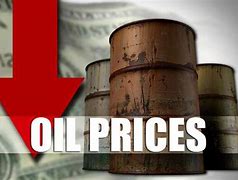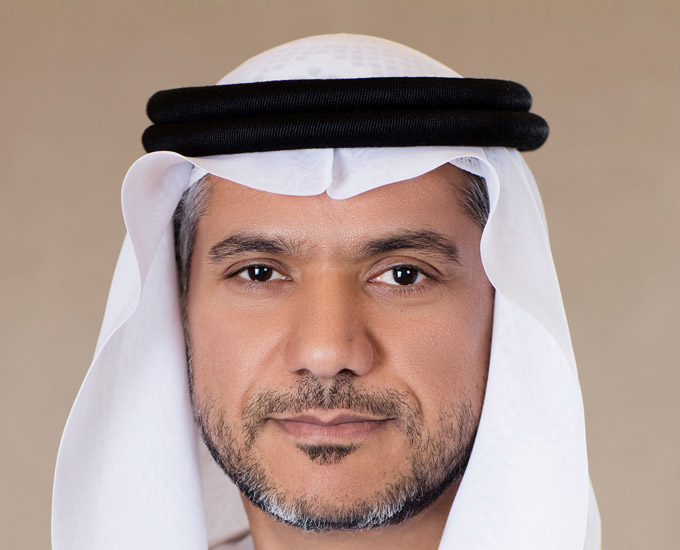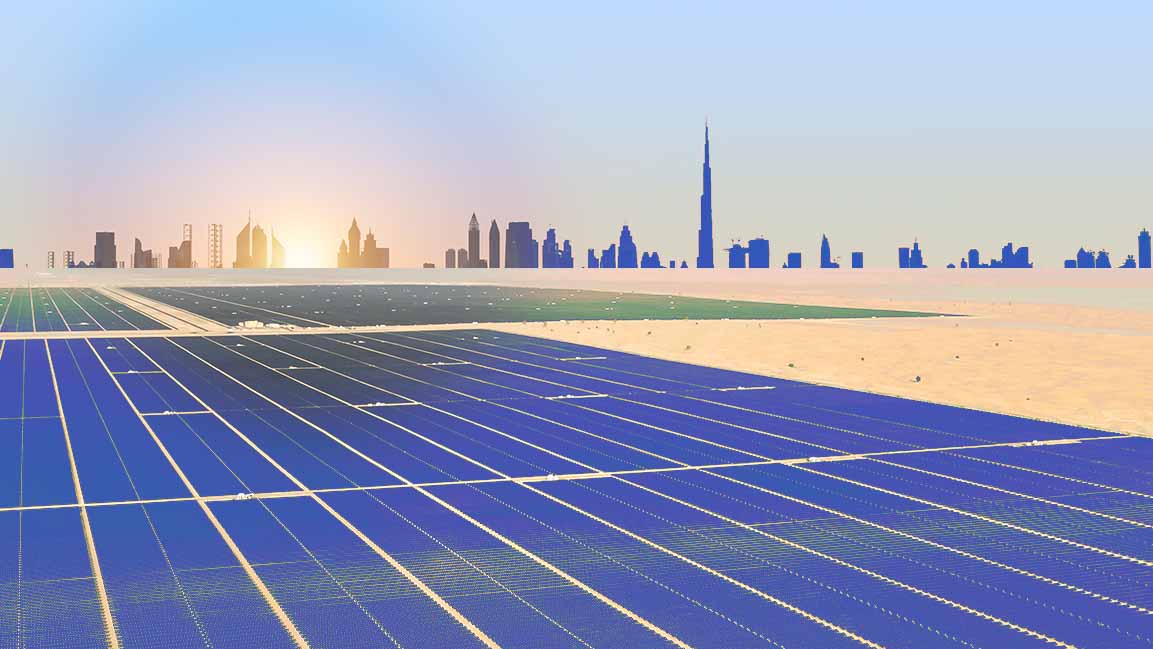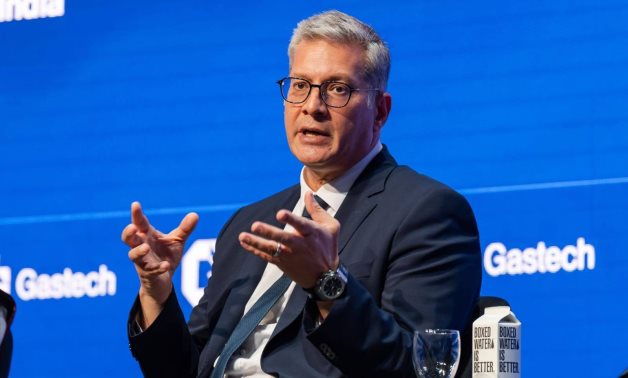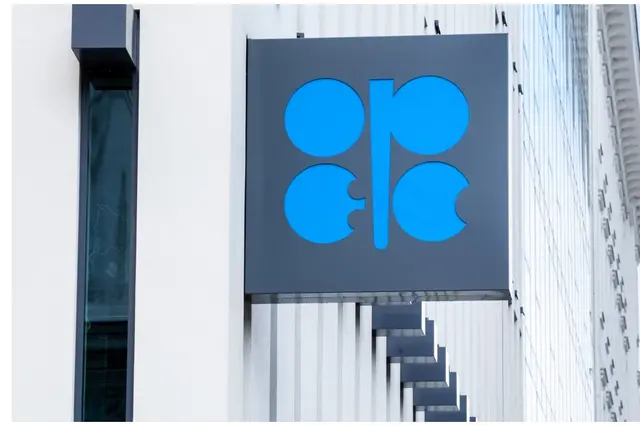Energy

Applauding Ghana’s Independent Power Producers Unsung heroes of the energy crisis
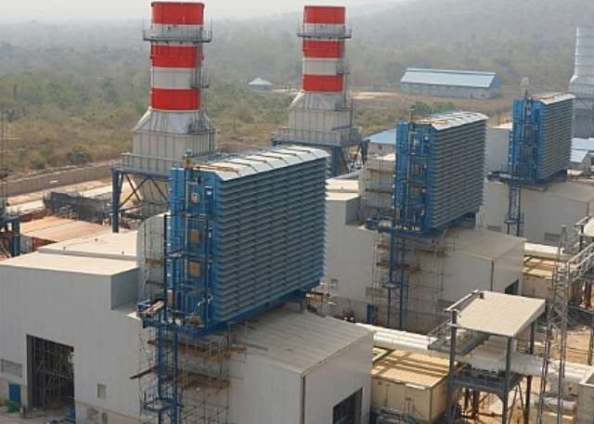
Ghana’s energy narrative over the past two decades has been turbulent, with memorable periods of nationwide power shortages — the infamous “dumsor” era — crippling industries, households, and public confidence. But amid the crisis, a new class of stakeholders emerged: Independent Power Producers (IPPs). These private entities, though often underappreciated, became vital lifelines in stabilising Ghana’s electricity supply.
As the government now turns to a 1 cedi fuel levy to fund sector reforms, it is time to recognise the critical role IPPs played when the nation needed them most — and rethink how we integrate them into a resilient, equitable energy future.
IPPs: Ghana’s Energy Safety Net
During the energy crises of the mid-2000s and early 2010s, Ghana faced a shortfall in generation capacity, poorly maintained infrastructure, and disruptions to its fuel supply.
The Volta River Authority (VRA) and state-owned generation assets alone could not meet demand. It was in this desperate hour that IPPs such as Cenpower, Sunon Asogli, Karpowership, AKSA, and AMERI stepped in with bold investments, fast-tracked power plants, and alternative supply models.
Cenpower, in particular, played a pivotal role in the commissioning of the Kpone Independent Power Plant (KIPP), one of the largest private Independent Power Producers (IPPs) in Ghana. With a capacity of over 340 MW, Cenpower has been instrumental in reducing the generation shortfall, improving system reliability, and helping Ghana meet base load demand. Its operational excellence and consistent delivery amid fuel supply and financial constraints make it a model for public-private collaboration.
Every Innovation Has Growing Pains
It would be disingenuous to celebrate IPPs without acknowledging the operational and contractual challenges that emerged. Some power purchase agreements (PPAs) were signed under emergency conditions with limited transparency and above-market tariffs.
These legacy contracts have since added to the financial stress of the Electricity Company of Ghana (ECG) and other utilities, resulting in accumulated debts and capacity charges for unused power — a phenomenon critics call 'take-or-pay traps.'
But this is the price of urgent intervention. Like many countries responding to crises, Ghana prioritised availability over affordability. What matters now is learning from these early agreements and ensuring that future contracts are transparent, competitive, and deliver value for money.
Why IPPs Still Deserve Applause
Despite these challenges, Ghana’s IPPs did not walk away. In fact, they continued to produce even when payments were delayed. They bore the brunt of liquidity constraints, managed volatile fuel supply chains, and innovated with gas and dual-fuel systems to keep their turbines running. Many restructured their debts, reinvested in efficiency, and collaborated with state actors to improve sector governance.
Cenpower’s ability to maintain generation capacity and uphold performance standards under strained conditions is a testament to what strategic, well-managed private sector involvement can achieve in national development.




